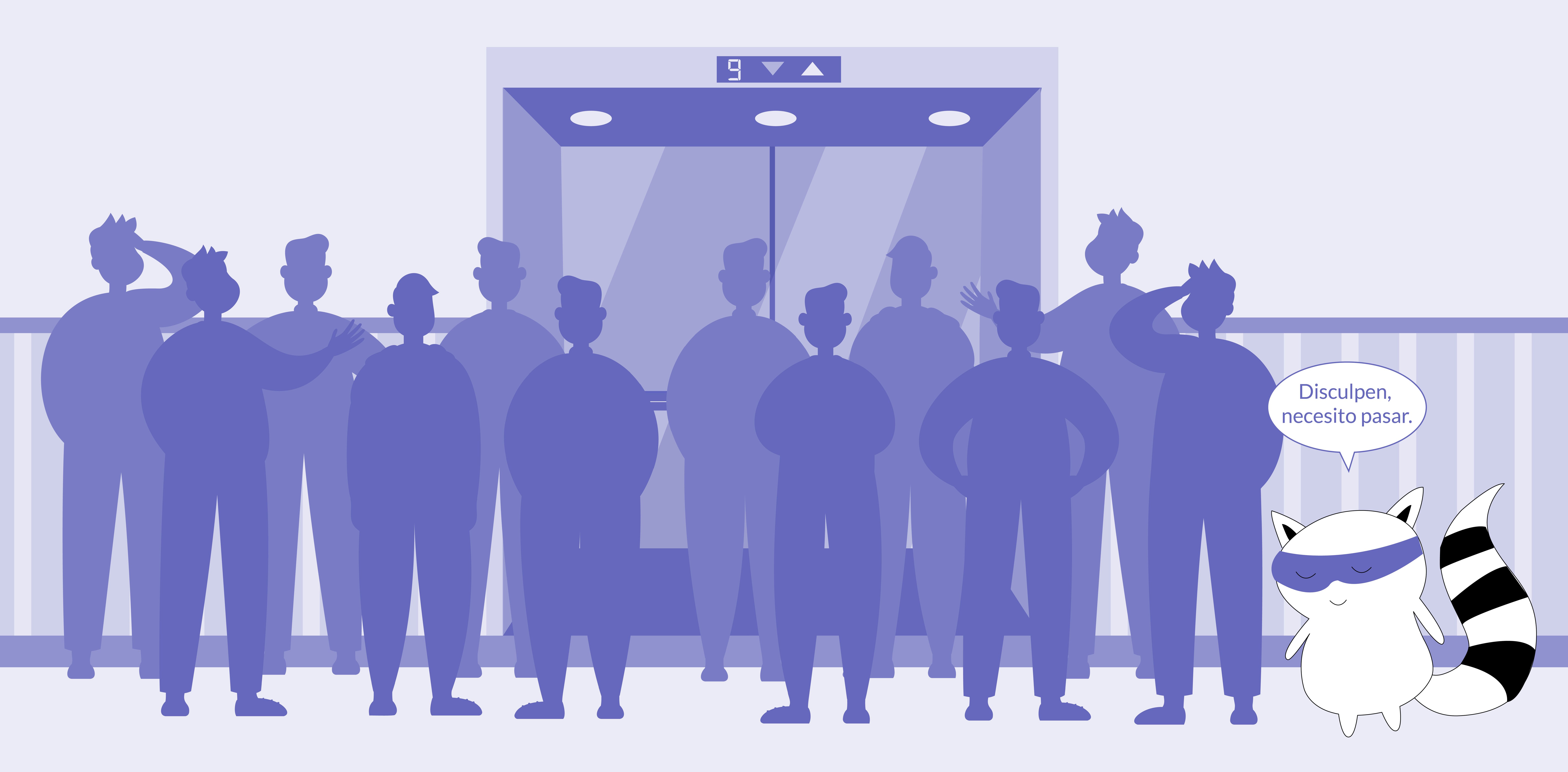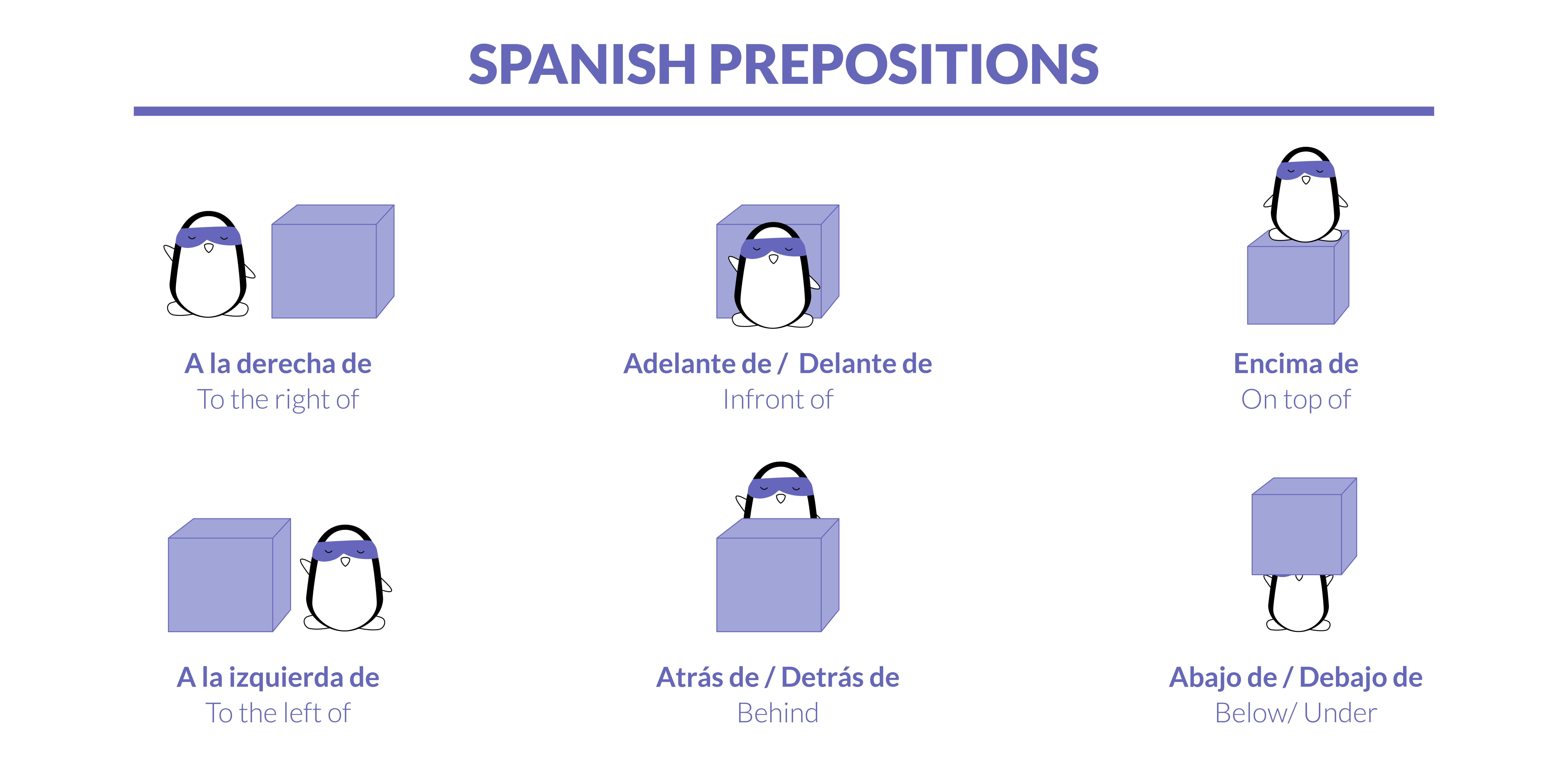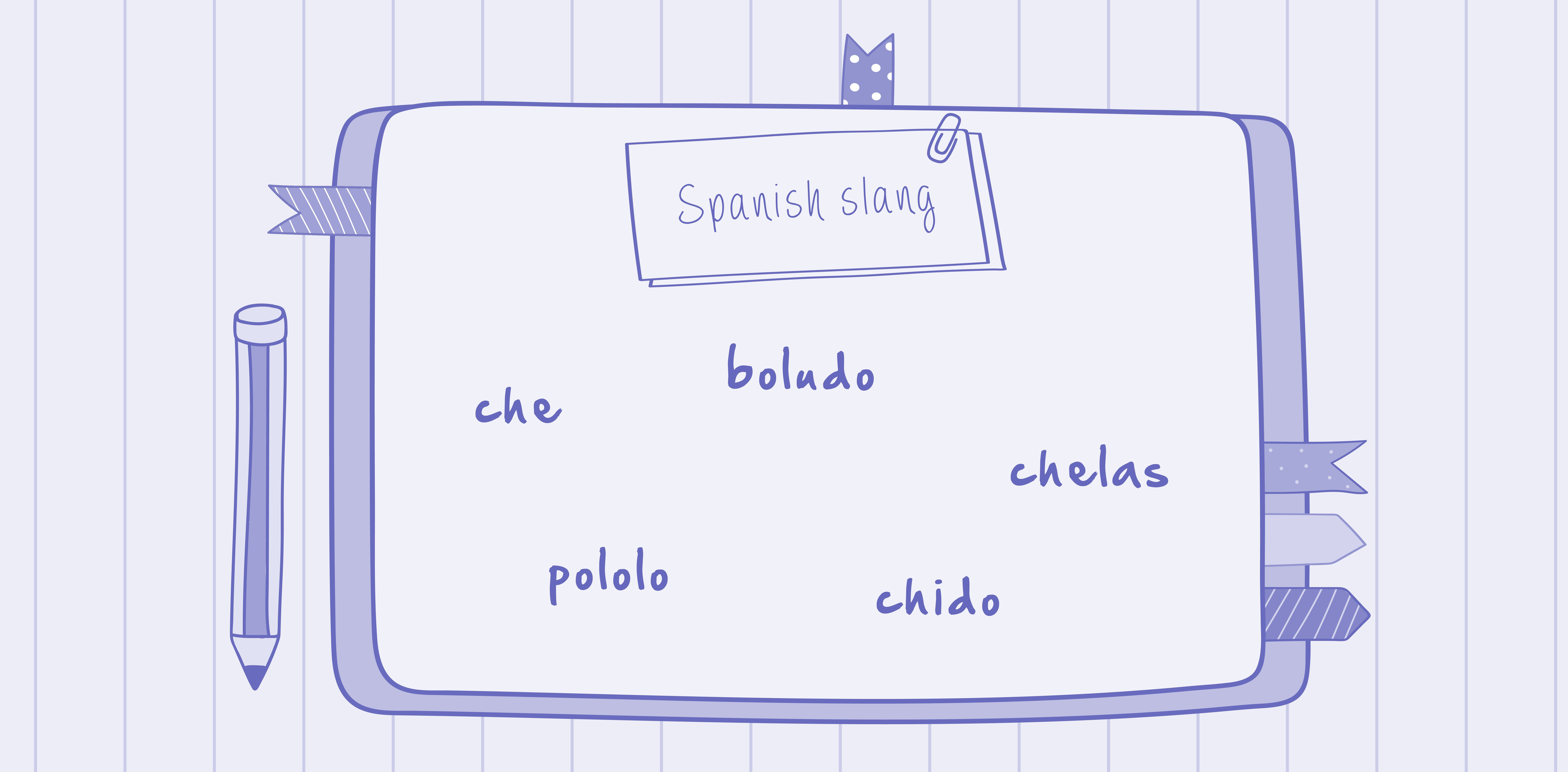
Engaging in the vibrant world of Spanish language and culture opens the door to a vast array of expressions full of life and warmth. Among these, knowing how to extend good wishes in Spanish is akin to sharing a piece of your heart.
Whether it's celebrating success, expressing hope for someone's future, or simply offering a kind word for everyday moments, the art of wishing well in Spanish is both meaningful and deeply rooted in culture. Through this guide, we aim to equip Spanish learners with the nuances of conveying good luck in various situations, enhancing both their linguistic skills and cultural understanding.
Learn Spanish with Langster
Wish Good Luck in Spanish in Different Contexts
In the rich tapestry of the Spanish language, there are myriad ways to express good luck, each carrying its unique shade of sentiment and intention.
From the simplicity of buena suerte to more intricate expressions that weave in the hopes and dreams for the recipient, the variations offer a delightful exploration into the heart of Spanish expressiveness.
Professional Contexts
Wishing someone good luck in Spanish during job interviews or major professional milestones is a common and empathetic practice. This gesture is particularly significant because it acknowledges the hard work and preparation the person has put into reaching this point.
For example, beyond merely saying buena suerte (Good luck), phrases like Éxito en tu entrevista (Success in your interview) resonate with encouragement and genuine desire for the person's success.
This form of support is not only a polite acknowledgement but also a powerful morale booster, demonstrating that you understand the gravity of their endeavor.
Spanish
English
Éxito en tu entrevista.
Success in your interview.
Educational Contexts
In educational contexts, such as before exams or presentations, offering good luck wishes in Spanish carries a special kind of encouragement. It's a way to show solidarity and understanding of the anxiety and pressure that comes with academic tests and assessments.
Saying Que te vaya bien en el examen (May it go well for you in the exam) or Confío en tu éxito (I trust in your success) provides not just motivation but also confidence—reminding the receiver of their capabilities and your belief in their success. Educational milestones are highly valued in many Spanish-speaking cultures, making these good luck wishes profoundly impactful.
Spanish
English
Que te vaya bien en el examen.
May it go well for you in the exam.
Confío en tu éxito.
I trust in your success.
Social Events
Social and personal events, like weddings or sports competitions, also present perfect opportunities to extend good luck wishes in Spanish. These instances are significant life moments that are often accompanied by a mix of excitement and nerves.
Phrases such as ¡Que vivan los novios! (Long live the bride and groom!) at weddings or ¡Dale duro! (Hit it hard!) in sporting contexts not only convey good wishes but also celebrate the effort and joy inherent in these occasions.
In these moments, good luck wishes are more than mere formalities; they are heartfelt expressions of hope and joy for the individuals' journeys and achievements.
Spanish
English
¡Que vivan los novios!
Long live the bride and groom!
¡Dale duro!
Hit it hard!
Different Ways to Say Good Luck in Spanish

This section will introduce various phrases and idioms that not only serve as tools for wishing well but also deepen the emotional connection between the speaker and the recipient.
Understanding these expressions will allow learners to appreciate the nuances of Spanish culture and engage more authentically in its linguistic customs.
Buena Suerte
Spanish
English
Buena suerte.
Good luck.
The phrase Buena suerte translates directly to "Good luck" in English and stands as the most universally understood and used expression of well-wishing in the Spanish-speaking world. Its simplicity and broad applicability make it an ideal choice for a wide range of situations—from casual encounters and daily endeavors to significant life events.
Whether someone is facing a new job interview, an exam, a personal challenge, or a new adventure, saying te deseo buena suerte in a Spanish-speaking country conveys your hope for a favorable outcome and success.
Que Dios te Bendiga
Spanish
English
Que Dios te bendiga.
May God bless you.
This expression extends beyond the realm of wishing good luck, invoking divine favor and protection for the person. It is deeply rooted in the spiritual and religious dimensions of Spanish-speaking cultures, reflecting the important role that faith often plays in everyday life.
Que Dios te bendiga is commonly used in situations of departure, in times of uncertainty, or when facing significant life challenges. It carries a profound sense of care and well-being for the recipient, making it a powerful phrase in both personal and communal contexts, as you offer spiritual support alongside your wishes for their well-being.
Te deseo lo mejor
Spanish
English
Te deseo lo mejor.
I wish you the best.

This expression goes beyond merely wishing good luck, by expressing a genuine desire for someone's success and happiness in every facet of their life.
Te deseo lo mejor is heartfelt and can be used in both joyous occasions and challenging times, making it versatile for various contexts.
Te deseo mucha suerte
Spanish
English
Te deseo mucha suerte.
I wish you a lot of luck.
This expression amplifies the basic good luck wish by adding emphasis through mucha (a lot of), thereby intensifying the sentiment behind the wish.
It's particularly suitable for instances where the stakes are high or the endeavor is significant—like major examinations, key professional presentations, important athletic competitions, or even personal milestones such as weddings or moving to a new city.
By saying Te deseo mucha suerte, you're expressing not just a casual hope for success, but a profound desire for an abundant measure of fortune and success to befall the person in their undertaking.
Que todo salga bien
Spanish
English
Que todo salga bien.
May everything go well.
This phrase is commonly used as a form of encouragement and hope that every aspect of an upcoming event or endeavor unfolds positively. Unlike some of the other expressions, which might carry a subtle implication of challenging circumstances or obstacles to overcome, Que todo salga bien is a more general wish for smooth sailing.
The beauty of this phrase lies in its simplicity and the universal desire it conveys for things to turn out well, making it an appropriate and heartfelt wish for almost any occasion.
In Which Contexts to Wish Good Luck

Knowing when to use these expressions is as important as knowing them. Here are some context examples:
Exams or Academic Challenges
Wishing good luck in academic settings is a common and encouraged practice. It demonstrates support and confidence in someone's capabilities and hardwork. Utilizing Spanish phrases adds an element of cultural appreciation and warmth to the message, especially in Latin America.
Spanish
English
Mucha suerte en tu examen.
Good luck on your test.
Éxito en tus estudios y con tu propia suerte.
Success in your studies and with your own luck.
Health Related Challenges
In moments where individuals face health-related challenges, whether a surgery, a treatment, or general health concerns, expressions of support and wishes for good luck carry significant weight.
Offering words of encouragement not only conveys care and concern but also can serve as a source of strength and comfort for the recipient.
In these contexts, the choice of words matters deeply, emphasizing not just a wish for luck, but a desire for recovery and strength.
Spanish
English
Buena suerte con todo.
Good luck with everything.
Espero que te recuperes pronto.
I hope you recover soon.
Estamos contigo en este proceso.
We are with you in this process.
Que tu recuperación sea rápida y sin complicaciones.
May your recovery be quick and without complications.
Con esperanza, suerte y amor.
With hope, luck and love.
In some Spanish-speaking regions, it's considered bad luck to wish good luck, especially before a performance. Instead, they may use the phrase mucha mierda, which is equivalent to saying "break a leg" in English. Always be mindful of cultural nuances when using good luck phrases.
The Bottom Line

In the end, knowing the most common Spanish expressions to wish a person good luck can make a meaningful impact, showing that you care deeply for the people around you and their successes.
It's a simple yet profound way to connect with others and enrich your Spanish-speaking experience. Remember, it's not just about the words—it's about the intention behind them. Keep on practicing different ways to say good luck in Spanish with apps like Langster, and impress your Spanish-speaking friends!
Learn Spanish with Langster









